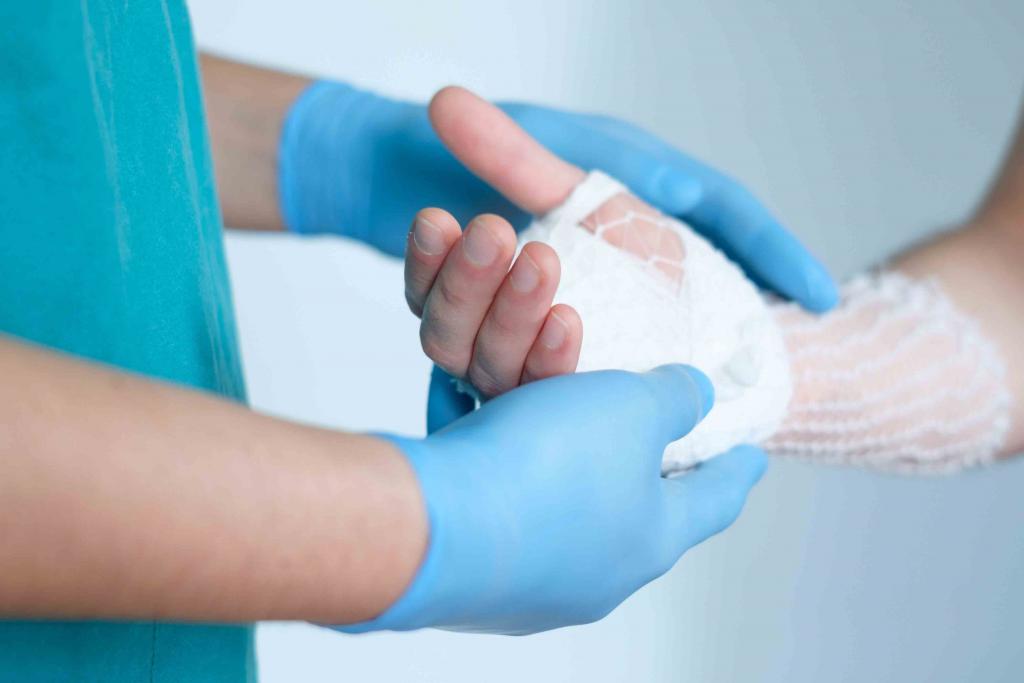Everyone occasionally suffers minor cuts, scrapes, and bruises. For most of us, these wounds are an inconvenience, but not a cause for concern. That’s not the case for almost seven million Americans whose wound-healing process is hampered by a chronic condition such as diabetes or multiple sclerosis, poor circulation, or long-term immobility. The Central Jersey Wound and Edema Treatment Center helps treat non-healing (chronic) wounds and infection, which can lead to more serious complications if not cared for properly.
WOUNDS TREATED
Chronic wounds that are treatable can include:
- Arterial leg ulcers
- Diabetic ulcers
- Pressure sores
- Ischemic ulcers
- Neuropathic ulcers
- Chemical wounds/burns
- Surgical wounds
- Spinal injury wounds
- Vasculitis
- Traumatic wounds
- Venous insufficiency
- Peristomal skin irritations
- Peristomal skin irritations
- Other chronic, non-healing wounds
WOUND CARE SERVICES

The Central Jersey Wound Treatment Center provides a multidisciplinary approach to the diagnosis and treatment of chronic wounds using the most advanced technology and procedures.
On your first visit, our wound care specialists provide a thorough initial examination and appraisal, which may include diagnostic tests to determine why a wound hasn’t healed. Based on the results of this comprehensive assessment, we can develop a customized treatment and education plan that meets your needs.



In addition to treating the wound itself, our staff is focused on prevention—educating patients and their caregivers on proper wound care and changes in nutrition or exercise that could enhance the healing process and prevent recurrences. As changes occur in your health status, team members will adapt the program to meet your individual needs.
Our systemic support through multiple disciplines, such as podiatry and general, vascular, plastic surgery and diabetes specialists, allows wound patients to focus on healing process.
WOUND TREATMENTS
To achieve the fastest possible healing, we use a comprehensive approach to treatment and intervention that may include:
- Removal of unhealthy tissue
- Medications
- Antibiotic therapy
- Conventional and advanced wound dressings
- Nutrition counseling
- Education/prevention
- Edema/Lymphedema therapy
- Protective footwear
- Skin substitutes

SIGNS YOU NEED WOUND CARE TREATMENT

If you have a sore or ulcer that hasn’t shown improvement or if the area hasn’t entirely healed within one month, you should speak with your primary care physician about specialized wound care treatment. A physician referral is not necessary to access the Central Jersey Wound Treatment Center unless your insurance requires it. Our team can gladly answer any questions you might have about a specific wound or about the center itself.





